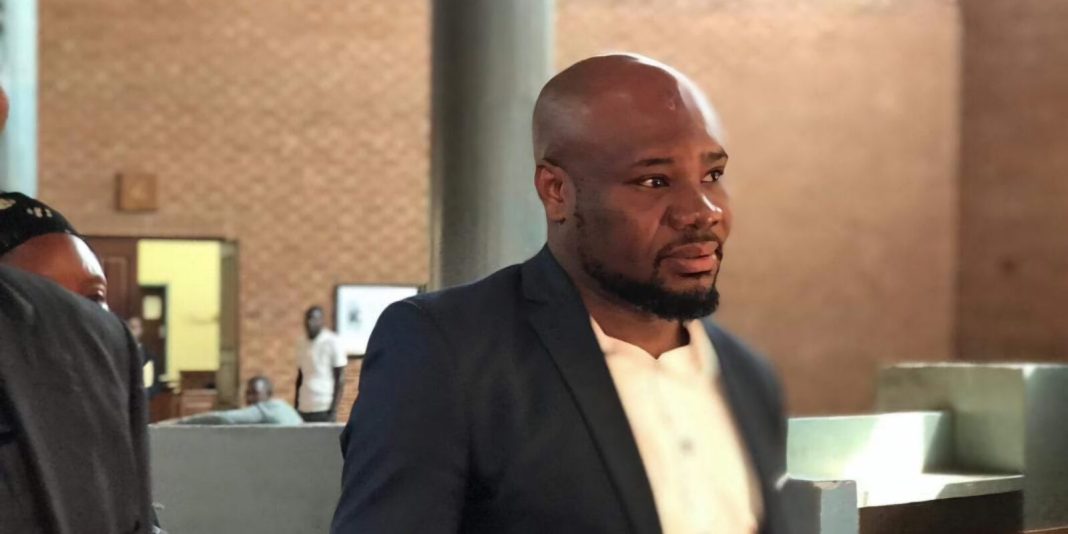Patriotic Front member Francis Muchemwa, also known as Commander II, has appealed to the High Court to overturn his conviction and three-year prison sentence for possessing tainted property, citing concerns over the fairness of his trial.
Muchemwa, who remains incarcerated after being denied bail, was sentenced in July last year to three years in prison and ordered to pay K141,400 in restitution to ZESCO.
Chief Resident Magistrate Davis Chibwili fined his companies K200,000 each.
Muchemwa was jointly charged with his companies, Friltech Networks Zambia Limited and Altitude Properties Limited, in a case involving 10 counts of possessing property suspected to be proceeds of crime.
In his appeal to the Economic and Financial Crimes Division (High Court), Muchemwa contended that the trial court should have ruled in his favor due to a lack of substantial proof against
He requested the High Court to set aside the conviction and sentence, referencing Section 327 (1) (b) (i) of the Criminal Procedure Code.
He argued that his conviction was based on an evidentiary burden imposed by the Forfeiture of Proceeds of Crimes Act, which they claimed he was unable to fulfill due to the trial court’s refusal to admit crucial defense documents.
He stated that multiple requests to adjourn the case were denied, despite key documents being seized by the prosecution in 2022 and only partially returned in April 2024.
The lawyers cited Rule 9 of the Economic and Financial Crimes Court Rules, 2024, which allows for time extensions in legal proceedings.
They asserted that denying him the ability to submit these documents violated his right to a fair trial, as outlined in Article 18 of the Constitution, which guarantees an accused person adequate time and facilities to prepare a defense. The appeal also argued that the trial court prioritized procedural technicalities over substantive justice.
He maintained that the reported earnings of K18,989,000.00 could have substantiated his claim that the properties in question were not proceeds of crime.
The court also allegedly barred defense witnesses from referring to certain documents, which Muchemwa argued weakened his case. He insisted that had these documents been admitted, the trial outcome might have been different.
He cited legal precedents, including Ahamed Ali Dharamsi Sumar v R (1964) E.A 481, which states that a retrial should be ordered only when justice requires it and not to allow the prosecution to strengthen its case.
He highlighted Director of Public Prosecutions v Derrick Muhau Sikatema & 5 Others (1987) ZR 90, in which the Supreme Court ruled that courts must balance discretion with broader justice considerations.
The appeal challenged the conviction on count 9, where Muchemwa was found guilty of obtaining a pecuniary advantage by false pretenses based on circumstantial evidence.
He argued that the court relied solely on Know Your Customer (KYC) records without additional proof that he did not travel as claimed.
Muchemwa’s defense asserted that an accused person has no obligation to prove their innocence.
They argued that the court’s reliance on circumstantial evidence and its rejection of Muchemwa’s explanations amounted to a miscarriage of justice. “We submit that the appellant did not receive a fair trial. An unfair trial warrants this appellate Court to order a retrial of the matter or deem the trial a nullity,” they submitted.



